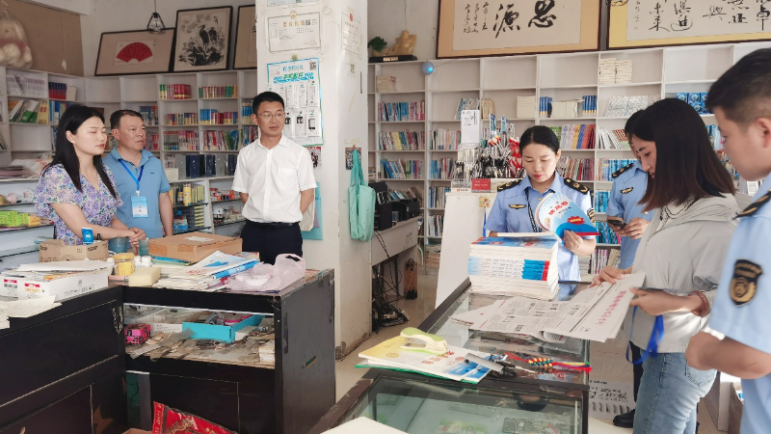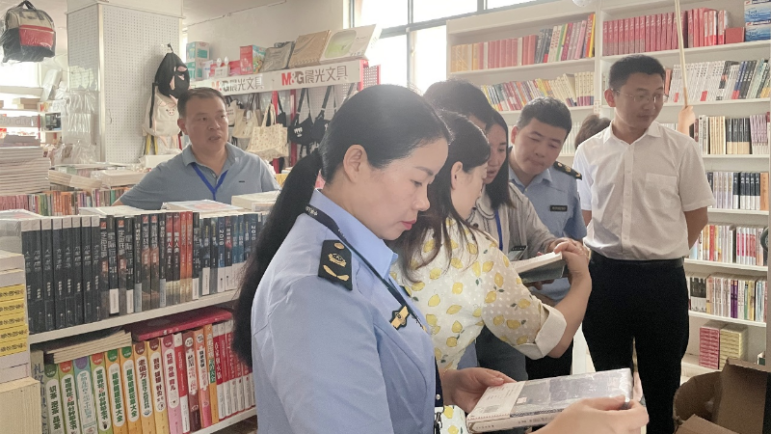WUHAN – The Constitution of the People’s Republic of China theoretically guarantees freedom of religious belief, but it also states that religious activities must not disrupt public order, impair citizens’ health, or interfere with the educational system. In practice, the response to religious activities varies by region. Nevertheless, the government imposes strict regulations on religious groups, requiring them to register with state-controlled religious bodies and operate within government-approved venues. Unregistered or underground religious organizations face persecution and suppression. Last week, two stories emerging from China raised additional concerns about the state of religious liberty, particularly in regard to the practice of folk religions.
Restraints on religious liberties are carefully managed by the Chinese Community Party (CCP). The Chinese government officially recognizes five religions: Buddhism, Taoism, Islam, Protestantism, and Catholicism. While other religions may be practiced “unofficially,” the CCP maintains tight control over religious activities and organizations, aiming to manage and regulate religious affairs within the framework of its own ideology and national security interests.
As TWH has previously reported, the Chinese government exercises significant control over religious institutions and their leadership. The State Administration for Religious Affairs (SARA) oversees religious affairs and imposes regulations on religious personnel, places of worship, and religious activities. Religious leaders and clergy members are required to receive government approval and undergo ideological training to ensure their loyalty to the state.

Inspections of a local bookstore in Shangcheng County [Image Credit: People’s Government of Henan Province – Xinyang Municipal People’s Government]
The government’s control extends to religious texts, teachings, and rituals. Religious materials are subject to censorship, and certain religious practices are restricted or banned. The CCP promotes a policy of Sinicization, which seeks to assimilate religious traditions into Chinese culture and socialist ideology. This policy has led to efforts to reinterpret religious doctrines and practices in line with socialist values.
Last week, Wang Huning, one of the top leaders of the CCP and chairman of the Chinese People’s Political Consultative Conference (CPPCC), delivered a speech on the matter imploring citizens to adhere to the CCP’s centralized approach and unified leadership of religious work highlighting General Secretary Xi Jinping. Huning proposed studying Jinping’s work carefully and thoroughly. Wang noted that “It is necessary to deeply understand the persistence of self-confidence and self-reliance, as well as promote the continuous progress of the Sinicization of religions in our country.”
Huning noted that continuous work must be done to “effectively prevent and resolve the hidden risks in the religious field.”
Chinese folk religion is not officially recognized by the CCP. It does not have centralized religious authority or a formalized doctrine but involved the practice of ancestor veneration, customs of practice, and a range of deities that vary regionally and locally. Nevertheless, it is also deeply embedded in Chinese culture. Lunar New Year, Qingming Festival (Tomb-Sweeping Day), Dragon Boat Festival, and Mid-Autumn Festival are among the most important and widely celebrated occasions and are official holidays. The Dragon Boat Festival was celebrated last week on June 22 – 24 and was an official public holiday.
While Chinese folk religion operates in this ambiguous cultural and religious space, discrimination again practitioners persists, including the destruction of temple sites by authorities. The Washington Post has also previously reported on book burnings.
The CCP manages the practice of unauthorized religious movements as xié jiào (邪教), or non-conforming (heterodox) teachings typically translated as “evil cults.”
Two weeks ago, the Chinese State Administration for Market Supervision (SAMR) became the latest governmental branch to help curb unauthorized religious practices and information that compromises the State. The SAMR is responsible for regulating areas such as market competition, monopolies, intellectual property, and drug safety.

Books were carefully examined by Shangcheng County officials [Image Credit: People’s Government of Henan Province – Xinyang Municipal People’s Government]
The local Market Supervision Bureau of Shangcheng County northeast of Wuhan in Henan Province began unannounced inspections of seven bookstores, supermarkets, and other stores, particularly those near schools and colleges, to identify and confiscate illegal publications. Those publications include unsanctioned religious documents and unauthorized versions of religious texts like the Bible. Violations are typically prosecuted as the selling of pornography.
The Bureau reported that I “found no illegal publication of advertisements containing obscenity, violence, terror, cult superstition, etc., or dissemination to the public in other ways.” It did, however, apparently find that one business had an unauthorized wall.
The Bureau said it will continue its vigilance to find “harmful” publications within its jurisdiction hoping its work promotes a “healthy and stable” publication market.
The Wild Hunt is not responsible for links to external content.
To join a conversation on this post:
Visit our The Wild Hunt subreddit! Point your favorite browser to https://www.reddit.com/r/The_Wild_Hunt_News/, then click “JOIN”. Make sure to click the bell, too, to be notified of new articles posted to our subreddit.
